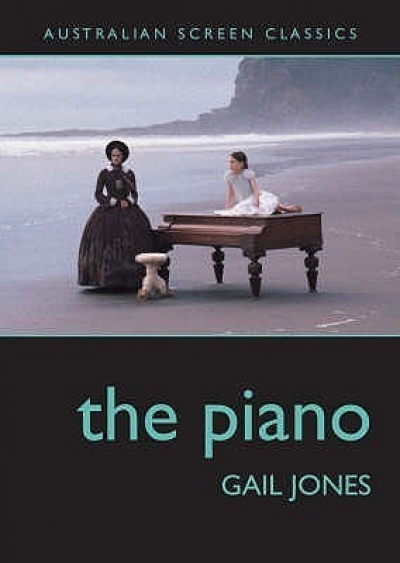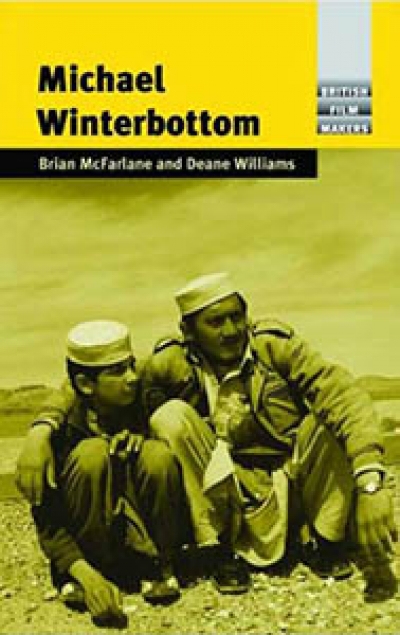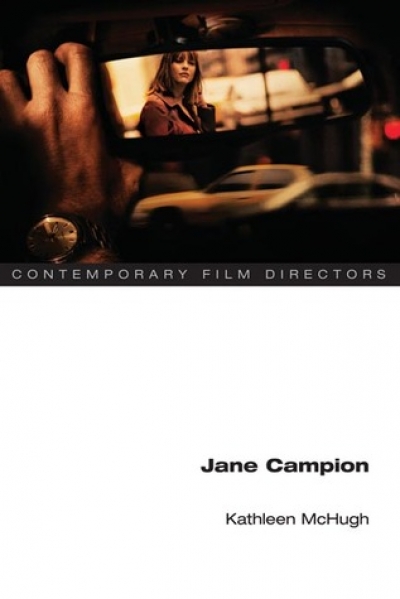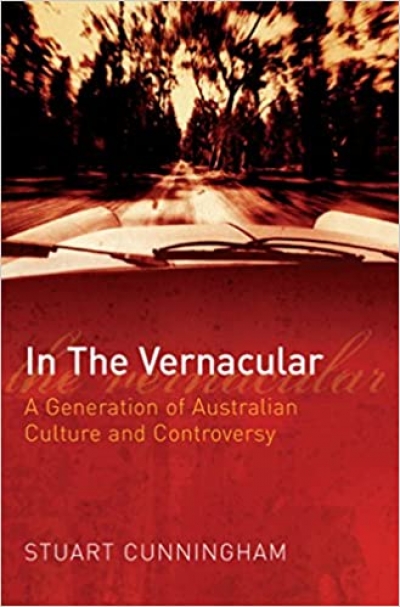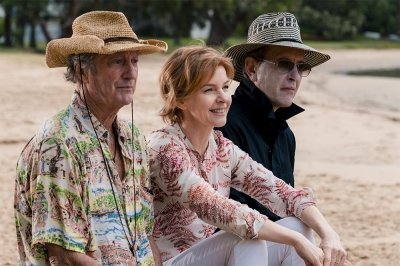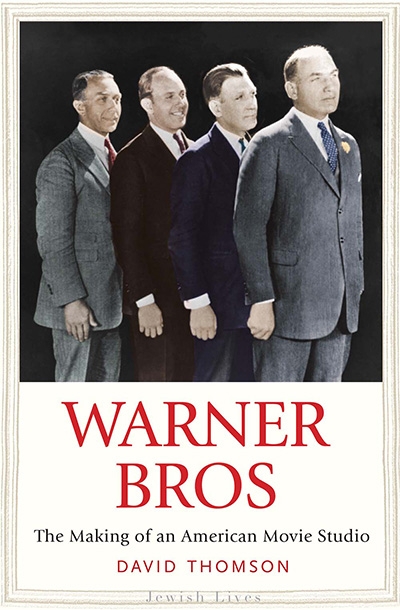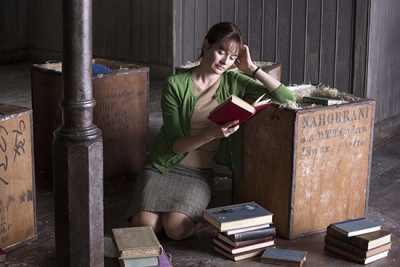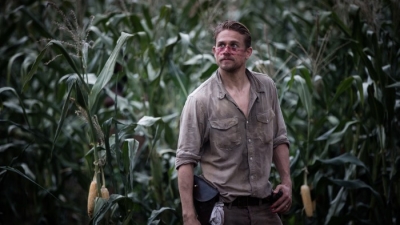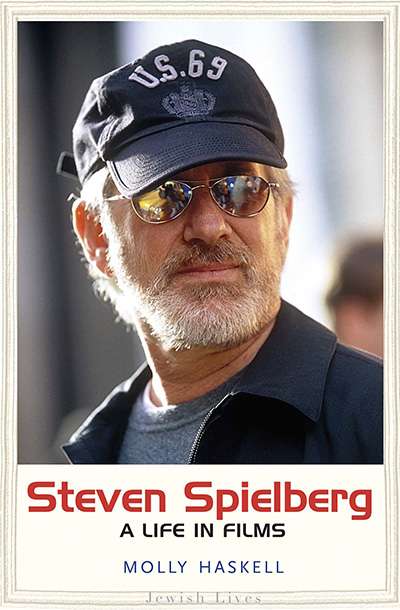Jake Wilson
Jake Wilson is a freelance writer who lives in Melbourne and reviews films regularly for The Age. Formerly the Melbourne correspondent for Urban Cinefile and a co-editor of Senses of Cinema, he has contributed to a range of print and online publications, including Kill Your Darlings, RealTime, Bright Lights Film Journal, and Meanjin. Some of his film writings are archived on his personal website.
I approached this readable and well-informed study expecting a middling book on a middling filmmaker. Michael Winterbottom is obviously a talented man by the standards of modern British commercial cinema, but I have always associated his work with a routine blend of fashionable technique and pious liberal sentiment. Nor did Brian McFarlane and Deane Williams raise my hopes with their introduction, ... (read more)
The third full-length English-language study of the films of Jane Campion is a book that will probably be of more interest to the dedicated student than to the general reader. The American scholar Kathleen McHugh is a stiff though clear and conscientious writer who takes care to make her research visible and to spell out any possibly unfamiliar ideas. She has the academic knack for seizing upon pa ... (read more)
‘I never thought Australia needed culture of any kind,’ drawls Barry Humphries in Not Quite Hollywood, Mark Hartley’s recent documentary on Australian ‘trash’ cinema of the 1970s and 1980s. Perverse aesthete that he is, Humphries cannot resist the idea that lack of refinement might be a sign of vitality: ‘Culture is yoghurt, isn’t it, or mould? It grows on decaying things.’
Unlike ... (read more)
Curiously, there are now two feature films titled Palm Beach, both named for the same upmarket suburb in Sydney’s Northern Beaches. The first, made in 1979 by the late avant-gardist Albie Thoms, is a ragged detective story improvised from Thoms' outline by an ensemble cast. The new Palm Beach is a much more conventionally polished comedy–drama, directed by the actress turned director Rachel Wa ... (read more)
David Thomson has been an essential writer on film for around half a century, but in certain circles his reputation has long been in decline. The reasons are obvious enough. He writes too much, and sometimes carelessly; he lets his feelings run away with him; an Englishman who followed his dream to the United States, he hardly pretends that Iranian cinema, say, could possibly be as important to hi ... (read more)
Watching The Bookshop, adapted from the late Penelope Fitzgerald’s 1978 novel by the Catalan director Isabel Coixet, admirers of the English novelist have the chance to test their memories. Which parts of the dialogue and the third-person voice-over narration (delivered by Julie Christie) come directly from the book? Which are newly invented? And which have been sourced from elsewhere?
The hunt ... (read more)
Cinema has always provided a venue for dreams of the exotic, but few directors in these post-colonial times can revive such fantasies without guilt. This is the dilemma which James Gray, among the most intelligent of modern American filmmakers, must grapple with in The Lost City of Z, his epic account of the career of Lieutenant-Colonel Percy Fawcett, regarded by some as Britain’s last great exp ... (read more)
Steven Spielberg may be the most beloved filmmaker alive, but this has rarely stopped critics from patronising him. ‘Such moods as alienation and melancholia have no place in his films,’ the New Yorker’s David Denby wrote on the occasion of Spielberg’s seventieth birthday – a sweeping claim that could hardly be more wrong. In truth, these moods have always been central to Spielberg’s u ... (read more)
Early in Helen Garner’s Joe Cinque’s Consolation (2004) there is a striking description of Anu Singh, the Canberra law student arrested in 1997 for drugging her boyfriend Joe Cinque with a cocktail of heroin and Rohypnol. In court one morning, Singh uses the interval before the judge’s arrival to tie back her hair. Most observers would scarcely register this commonplace act, but Garner homes ... (read more)


